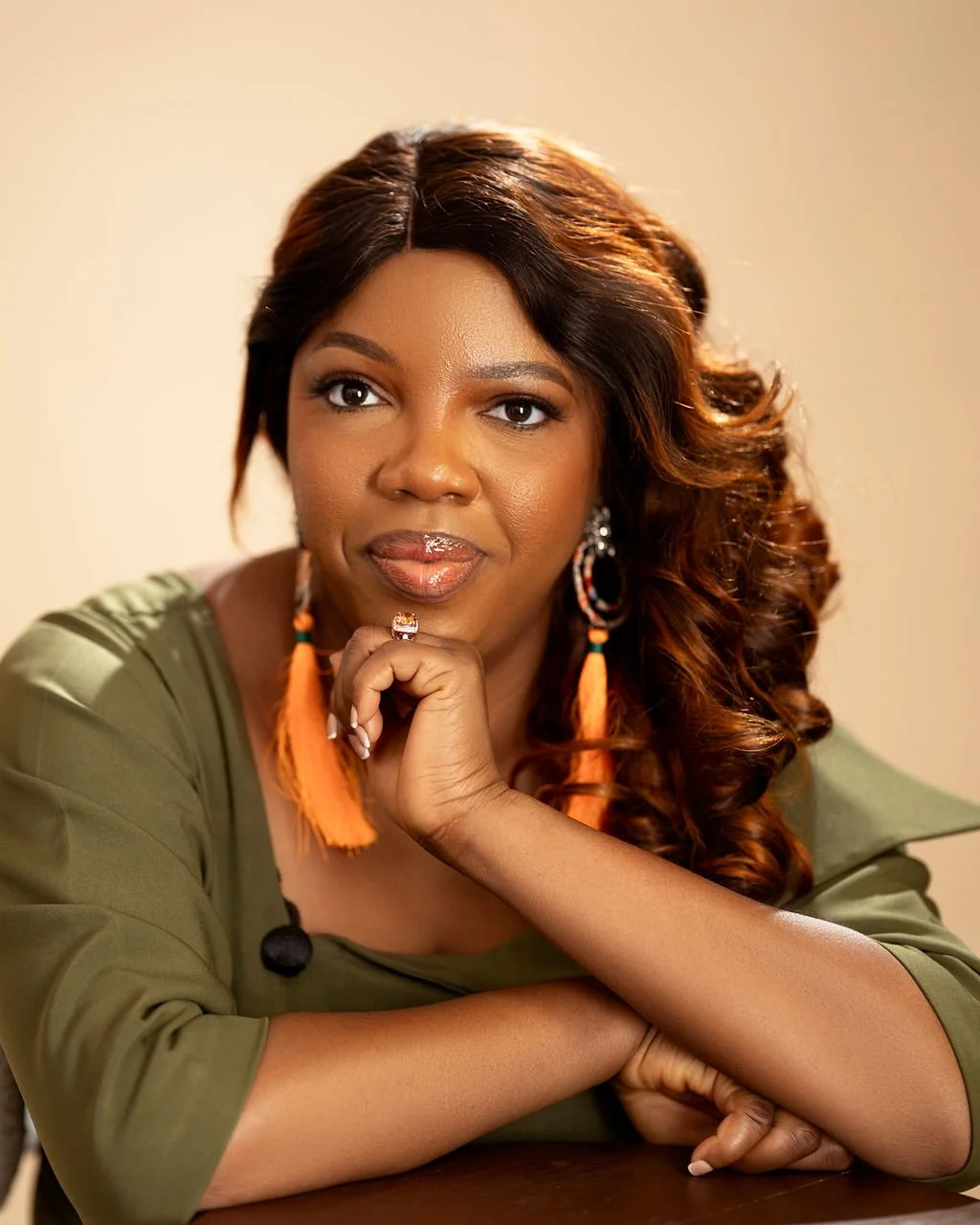Dr. Rosemary Oyinlola Popoola specializes in African and Afro-diasporic literature and cultures, specifically film, music, visual, popular, and celebrity culture, with specific attention to race, women, gender, and sexuality. She privileges intersectionality, critical Black and African feminism(s), queer critiques of color, critical archival research, ethnography, and decolonial approaches. Her research engages Africa and the African diaspora as culturally and historically connected and intellectually inseparable.
She earned her first Ph.D. in international relations from Covenant University in 2018. Her first doctoral dissertation, through a feminist lens, examined the complexities of women-centered advocacy and the challenges of disillusionment occasioned by the expectation that democracy will result in gender gains in Nigeria. The dissertation won the 2019 Best Doctoral Thesis of the Lagos Studies Association.
Dr. Popoola has transnational teaching experience. She has almost ten years of experience teaching and researching in higher education in Nigeria. She teaches classes that focus on the overlap and detours in race, women, gender, and sexualities in Africa and the African Diaspora, in addition to how echoes and detours in relations of power reinforce the subjectivity and politics of difference. In the United States, as a principal instructor, she taught multiple classes that explored Africa in postcolonial films and literature, feminism in African film and literature, queer representation and lived experiences in Africa and the Afro-diaspora, and an introduction to African cultural expression. She also worked as a teaching assistant for classes on Introductory Survey to Africa, African Storyteller, Introduction to African Literature, and Introduction to African Cultural Expression.
Dr. Popoola’s work has been published in many reputable journals, including the Journal of African Cultural Studies, the Journal of Cultural Research, Women Studies International Forum, Feminist Africa, the Canadian Journal of African Studies, and the Journal of Asian and African Studies, among others.
Her research has been supported by grants and fellowships from prestigious institutions such as the Council for the Development of Social Science Research in Africa (CODESRIA) in Laurete, the Carnegie-supported 2018 Early Career Fellowship (ECF) at the African Doctoral Academy, Stellenbosch University, South Africa, the Ebrahim Hussein Fellowship 2024, and the Aliko Songolo Summer Research Award 2024. UW-Madison Graduate School, the Wisconsin Alumni Research Foundation Fellowship for Fall 2023, and the Office of Diversity, Inclusion, and Funding's Student Research Grants Competition—Conference Presentation Award for 2022, among many others.
Dr. Popoola organized panels on fame, fandom, celebrities, politics, and the economics of attention in African popular culture for three consecutive years at the Lagos Studies Association Annual Conference, one of the biggest academic gatherings on the continent.
Beyond research, Dr. Popoola has served in various capacities. She served briefly as the International Office and Linkages coordinator at Chrisland University, Nigeria, and secretary of the International Organizing Committee at the Covenant University 2018 Workshop on Gender Mainstreaming in Higher Education and Forensic Victimology; assistant cluster head, Gender, Peace & Conflict Resolution 2016-2019 at Covenant University. She was featured as a panelist and discussant at the United Nations Day series on Gender and Human Rights (2019, 2020) organized by the United Nations Association of Nigeria (UNAN) in collaboration with the United Nations Information Centre Nigeria. She also participated as a discussant at the African Feminist Initiative Conference at Pennsylvania State University.
Currently, she is a Ph.D. candidate (ABD) in African Cultural Studies with a doctoral minor in Gender and Women’s Studies at the University of Wisconsin, Madison. Her second doctoral dissertation read the history of popular music against the grain by emphasizing women, non-binary, and queer artists who have historically been marginalized, reclaiming their voice, agency, and resistance against heteropatriarchal, hegemonic masculinity and heteronormativity in the social production and scholarship of popular music in Nigeria, West Africa.
